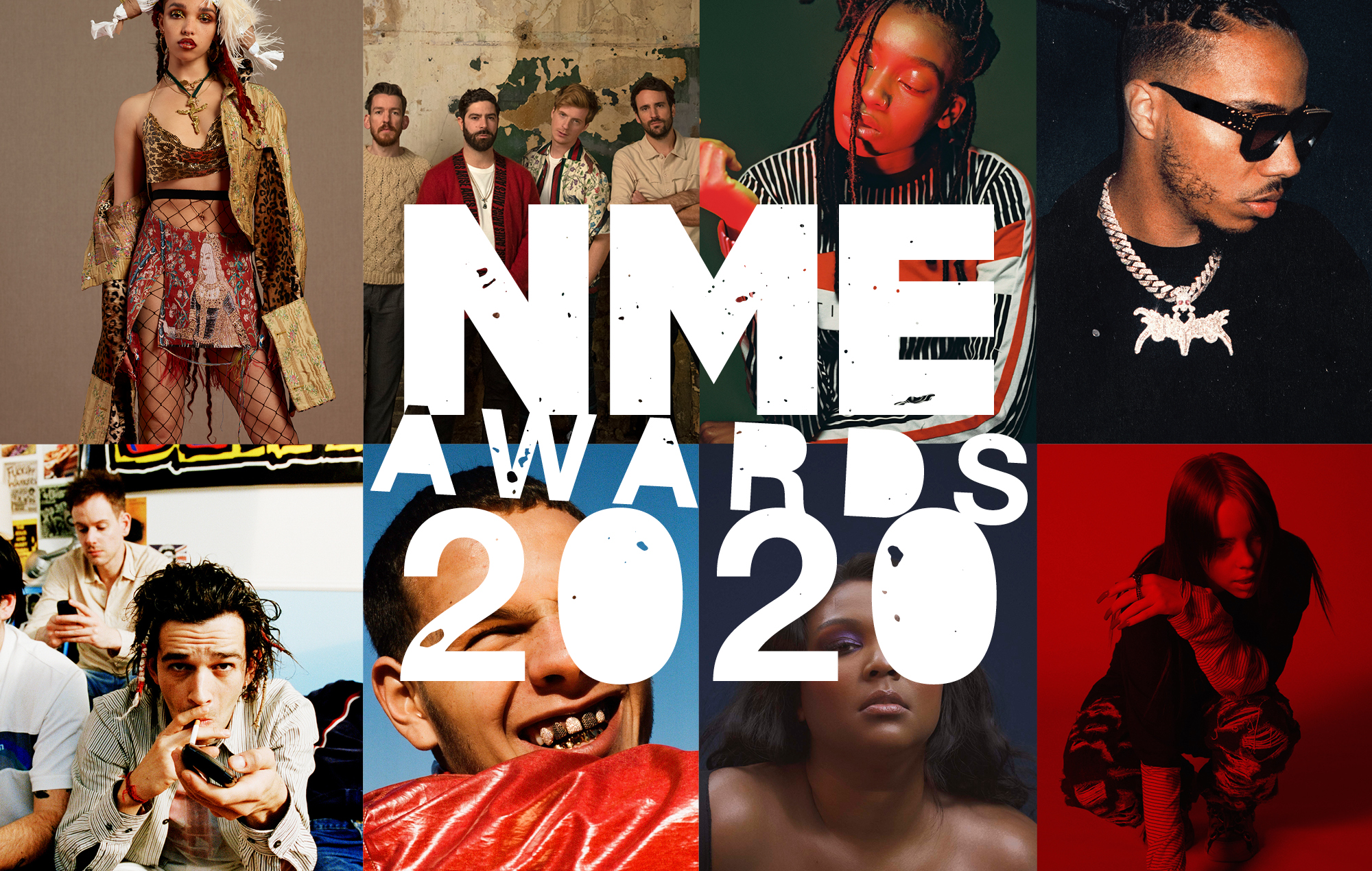NME Music News, Reviews, Videos, Galleries, Tickets and Blogs | NME.COM

Last night’s (July 29) pilot socially distanced, reduced-capacity concert at the Clapham Grand didn’t quite meet some of the claims on the night that it was the first post-lockdown gig. Beverley Knight‘s London Palladium show, and the Chainsmokers‘ drive-in charity event in the Hamptons in New York, beat Battersea to it. But it was a first test for a venue of the Grand’s size and type – which has fought to raise funds to cover its £50,000 monthly rent through this period – to show what it can do with individuality and passion.
Read more: The only show in Europe: inside Sweden’s controversial socially distanced gigs
Ticket-holders in different parts of the auditorium were instructed to arrive in phases. There is a briefing on entry, temperature testing, a strict one-way system and a QR code to scan for track-and-trace. Newspaper photographers gathered outside trying to capture some aggro couldn’t have been more disappointed. A note on the gents warns two people only at one time. “That’s two per toilet, not two per cubicle” deadpans venue manager Ally Wolf.
The audience sits at widely-spaced tables across the stalls and circle, the venue’s capacity slashed from 1250 to 180. Instead of queuing at the bar, there were little rainbow flags to summon table service. The start of the night had a gentle buzz of anticipation, which was slightly flattened when we are told not to get out of our seats during the show.
I talk lockdown with the people next to me. “I’m bored out of my nut. I’m sitting at home, watching TV, getting fat and waiting to die” says one. She worries that her neighbours’ plants, which she’s been tasked to look after, are slowly dying: “she really loves them”. My friend who’s come along with me, who is about to convert to Islam over Zoom, wonders whether Mecca could introduce a corona combatting one-way system.
Ex-Kooks performer and Turner bandmate Ciara Haidar’s rhapsodic support set is full of lyrics (“I always want what I can’t get”) which seem apt for the frustrations and loneliness of the pandemic. With her wonderfully rich voice, she needn’t be so self-deprecating in assuring us “it’s all a lot more major key after I’ve cleared off”.

Veteran singer-songwriter Beans on Toast (Jay McAllister) opens with a moving, newly-penned post-lockdown appeal to ‘Save the Music’ and goes on to charm with his signature half-rhymes, wise-cracks and his relentlessly cheery vision of multicultural modern Britain. He’ll soon be issuing two whole albums, Covid-inspired and Covid-free, and is won over by tonight’s format: “When I started I said it feels like an experiment – now I’m in, it feels like a gig!”
In between acts, Ally Woolf plays hard cop, reminding people to use the anti-bacterial fluid and track and trace, and warning them not to sing along, shout out or do anything else to compromise the carefully constructed socially distanced environment. Everyone will be emailed within a day, he says, to ask them for a detailed evaluation on every aspect of the event – what worked, what didn’t – which will be fed back to the Government.
And then it’s over to the man of the night, troubadour extraordinaire Frank Turner, to joke through his set about forgetting his capo and his joy at a live audience after performing online shows for his cat and his wife. He also says, on a more serious note, that “when lockdown happened, I lost my identity”.
Engagement and intimacy with the audience is key to his act. “My instinct is to create atmosphere and frenzy. To fight against those instincts is really strange” he tells NME. In fact, he did a 40-date tour of seated gigs last year, in part to demonstrate the versatility of his band. The physicality of his performance, including opener ‘The Gathering’, helps to energise the room and he’s soon leading clapping through one song and humming through another. He plays four new numbers including a tribute to the late Scott Hutchison of Frightened Rabbit – he says he’s written 22 songs during lockdown. For Turner’s final numbers, life-sized cardboard cut-outs of Marcel Marceau, Charlie Chaplin and Mr Bean are pushed onto stage: famous figures who don’t sing along.

The crowd – heavy on Frank Turner fans who have seen dozens of his gigs, and some of whom have driven for hours – are broadly happy with the experience. Tom and Gary worried it might have lacked atmosphere and felt “sterile”, but Tom adds that “I can get used to this.” Michelle says that because of her height, “it’s the first time I’ve been to a gig where I can see” and that it’s “a moment in history – it’s amazing to be part of something, all the positive spirit”.
There’s an appreciation of the opportunity to focus on the artist, as at a jazz club, and widespread praise for the work the Grand has done to get the venue ready. But audience members accept there’s only so many artists that this format works well for – Billy Bragg, Sophie Ellis-Bextor are put forward as suggestions – and getting full bands onstage brings a whole further set of challenges.

Then there are the impossible economics around operating at reduced capacity – Ally Woolf has warned in a statement of the closure of thousands of venues, theatres and clubs without additional government support. “It went far better than I possibly hoped” he told me at the end of the show, “but the realisation that it isn’t repeatable is key. The talent, audience, goodwill and energy is something you can’t recreate”.
Woolf points out NME that “I wouldn’t be doing what I do now if I couldn’t cut my teeth at the Joiners Arms” in Camberwell, south London, where he booked bands such as Kid Harpoon and The Maccabees in the mid-2000s. For venues on that scale, social distancing under current regulations is even more of an Alice in Wonderland notion. “The pilot was a positive step forward to give factual feedback to DCMS [Department for Digital, Culture, Media and Sport],” Woolf tells us.

For this writer, Grand Aid – Live! was a welcome distraction from lockdown. From a business point of view, Woolf says, it didn’t work. As a variety venue, the Grand can put on comedy, drag and film events under these guidelines. “But will it pay our rent?” is Woolf’s rhetorical question. Over now to the Government.
The post “It’s a moment in history”: on the scene at the first Government-backed socially distanced gig appeared first on NME Music News, Reviews, Videos, Galleries, Tickets and Blogs | NME.COM.




